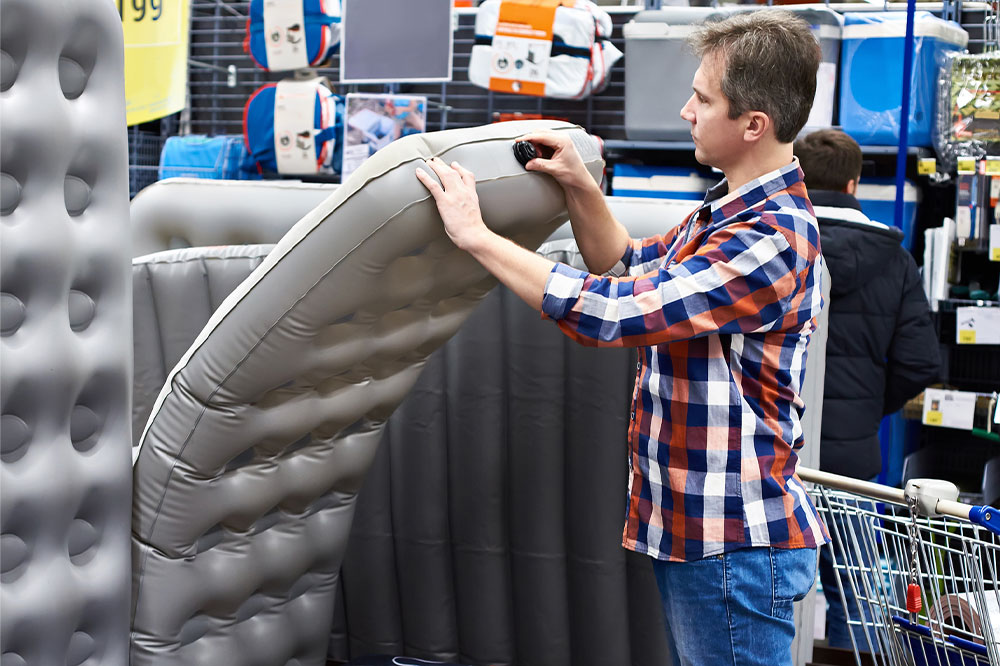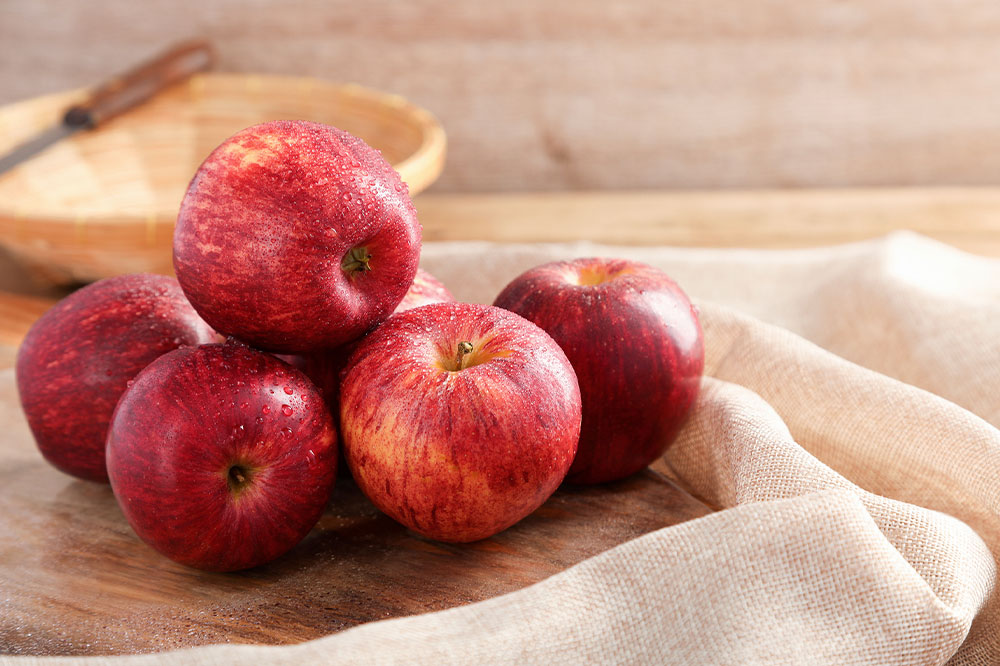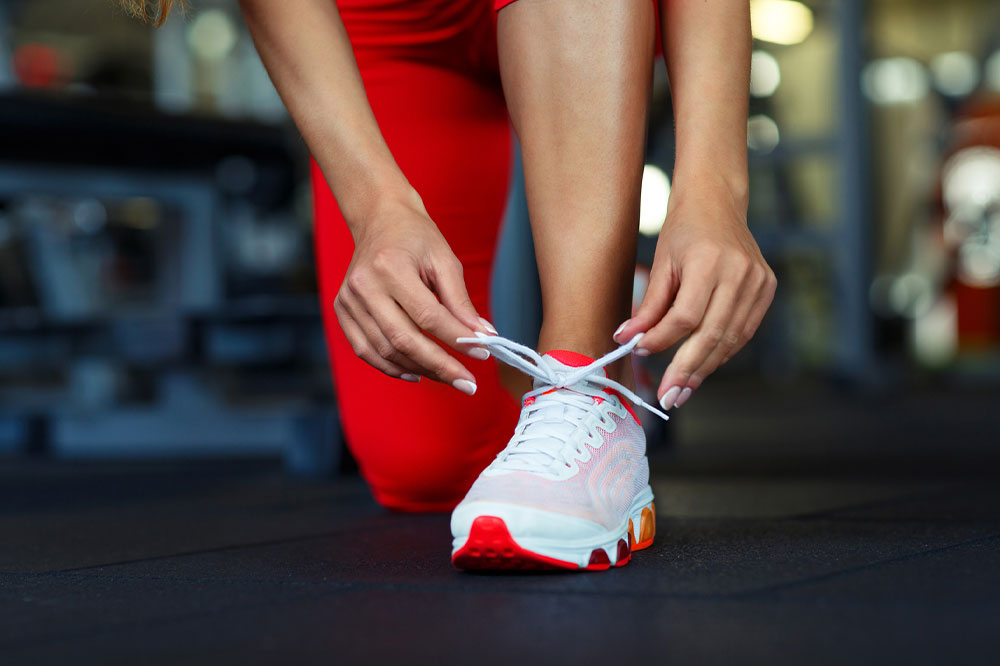11 period mistakes to avoid for better health

Dealing with menstruation is a natural and unavoidable aspect of life for many people. It entails a range of difficulties, such as mood swings, pain, discomfort, nausea, and inexplicable cravings. However, there are common period mistakes that, when avoided, can significantly contribute to better health and hygiene during this time. It is important to learn about these mistakes and gain insights into how to steer clear of them for a more comfortable and worry-free menstrual experience.
Using the wrong menstrual products
One of the most common period mistakes is selecting the wrong menstrual products. It’s essential to choose the product that best suits one’s needs and comfort level. Options include tampons, pads, menstrual cups, and period panties. Understanding the pros and cons of each and experimenting with different products can help discover what works best for the individual.
Not changing tampons or pads regularly
Failing to change tampons or pads regularly can lead to discomfort, odors, and even health risks. Depending on the individual’s flow, tampons, pads, and menstrual cups should be changed every 4-8 hours. Neglecting to do so can result in bacterial overgrowth and infections. Setting reminders or alarms can help ensure timely changes and reduce the risk of infections and toxicity.
Skipping personal hygiene
It’s important to prioritize personal hygiene during menstruation. Failing to wash hands before and after changing pads can expose one to harmful bacteria. Also, failing to clean the genital area properly can result in unpleasant odors and infections. To maintain freshness and hygiene, one must use a gentle, unscented soap and warm water as part of one’s daily routine.
Not cleaning the menstrual cup
If an individual uses a menstrual cup, cleaning it correctly is essential. Neglecting to do so can lead to bacterial growth and an increased risk of infections. After each use, it’s crucial to sterilize the cup by boiling it in water for a few minutes or following the manufacturer’s instructions for cleaning. Regularly checking for wear and tear in the cup is also important to ensure its effectiveness.
Not managing heavy flows adequately
For individuals with heavy flows, managing menstruation can be challenging. Using lower absorbency products or not having a plan for handling heavy flows can lead to embarrassing leaks. Opt for high-absorbency pads or tampons designed for heavy flows, and consider using period panties or an extra liner for added protection during the night.
Overlooking menstrual pain management
Menstrual cramps and discomfort are common, but ignoring them can make one’s period even more challenging. Products like pain relievers, heating pads, and relaxation techniques can help alleviate these symptoms. One must consult a healthcare provider if one experiences severe pain that interferes with one’s daily life.
Not tracking the cycle
Understanding one’s menstrual cycle can be empowering for the individual. Many individuals make the mistake of not tracking their periods, which can lead to uncertainty and surprise. Using a menstrual tracking app or a simple calendar can help predict the next period, allowing one to be prepared and avoid accidents.
Not seeking medical advice when needed
Persistent irregularities in the menstrual cycle, including extremely heavy bleeding, severe pain, or other unusual symptoms, should not be ignored. These could be signs of underlying health conditions such as polycystic ovary syndrome (PCOS) or endometriosis. Seeking healthcare consultation and advice to get evaluated is crucial for timely diagnosis and treatment.
Neglecting iron intake
Heavy menstrual bleeding can lead to iron deficiency anemia, causing fatigue and weakness. During periods, it is essential to consume iron-rich foods or supplements to help maintain healthy iron levels.
Using scented feminine hygiene products
Scented menstrual products may seem like a good idea for masking odors, but they can irritate sensitive skin and disrupt the natural pH balance. However, it is better to avoid harsh feminine hygiene products such as douches or scented wipes, as they can disrupt the natural balance of the vaginal flora, increasing the risk of infections. This also includes some intimate wash and creams that could result in a disrupted pH of the genital region.
Not staying hydrated
Staying well-hydrated is essential for alleviating period discomfort and supporting overall health. Proper hydration reduces bloating, relieves cramps, prevents constipation, maintains energy levels, and supports various bodily functions. One should aim to drink at least 8-10 cups (64-80 ounces) of water daily but adjust as needed based on the body’s signals. Incorporating hydrating foods like watermelon and cucumber can also help. By staying hydrated, one can enhance their menstrual well-being and ease common period-related discomforts.






